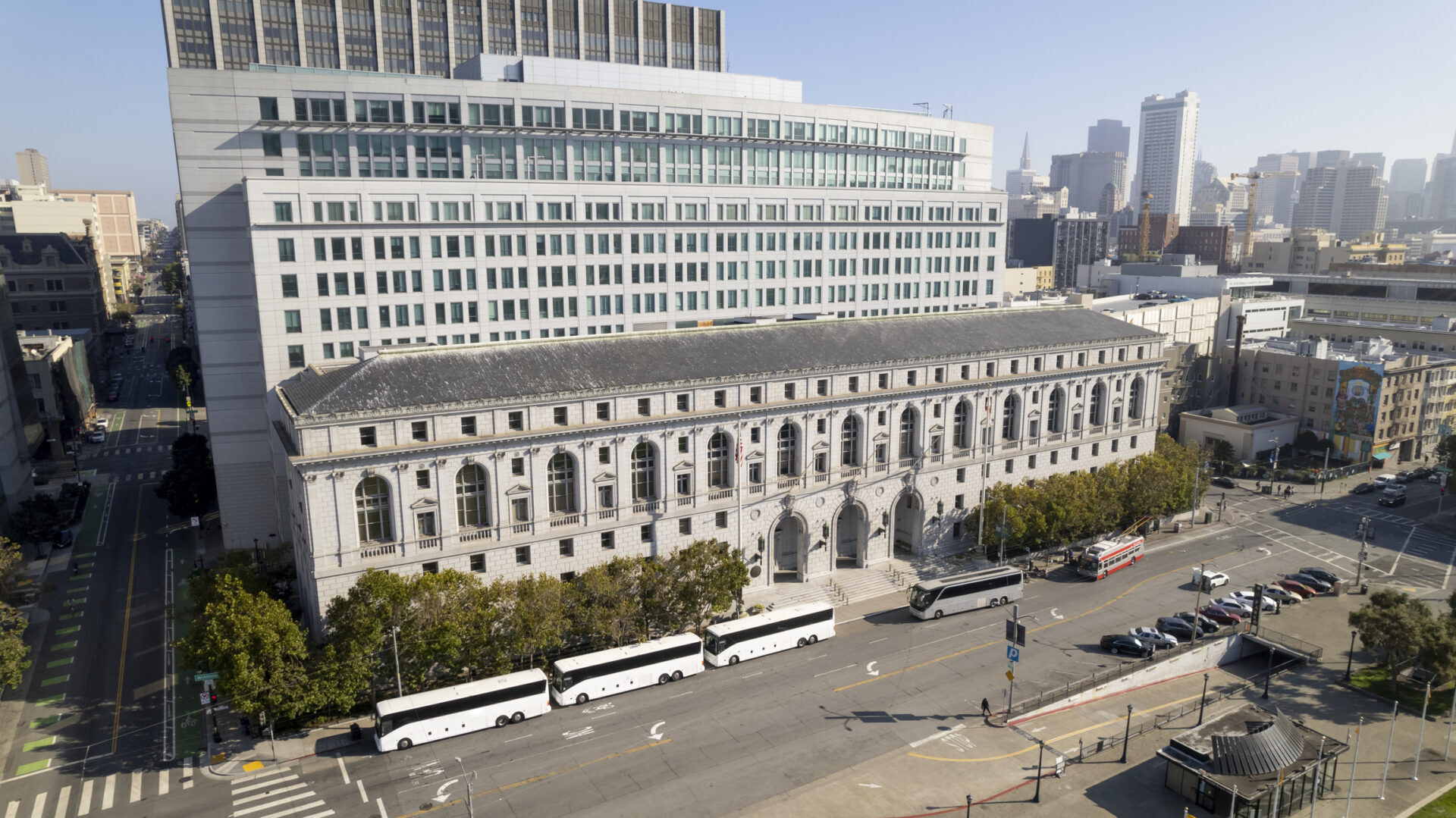In 2018, Nicholas and Sharon Honchariw took out a $5.6 million business purpose loan from FJM Private Mortgage Fund LLC; however, they defaulted on their September 2019 monthly payment. According to the terms of the loan, the default automatically entitled FJM to charge a one-time 10% fee along with a default interest charge of 9.99% per year against the total unpaid principal of the loan. Such a provision is commonplace and enables lenders to recoup costs associated with defaulted loans; nonetheless, the Honchariws took legal action against the lender to dispute the two additional charges. The arbitrator assigned to the case and the lower court ruled in FJM’s favor; however, the state appeals court ruled in the Honchariws’ favor, stating that charging default interest on an entire loan balance is a violation of public policy. In similar cases in times past, a borrower for a non-consumer loan would have been required to prove that the default interest payment provision far exceeded the lender’s losses due to default in order to avoid full payment; however, the Honchariws’ lawyers successfully argued that since such payment violates public policy in the first place, the borrowers were not responsible to submit proof that the lender was charging far more than it rightfully should in order to recoup its losses. FJM appealed the ruling to the California Supreme Court, but the court declined to hear the appeal, which means that the appeals court ruling stands at law for the time being.
It should be noted that there are some default interest charges that will not be affected by this ruling. Lenders who charge default interest on the remaining loan balance after the loan has matured should not be affected by the court decision. What’s more, lenders still retain the legal right to charge default interest on the amount of the loan in default, although they will need to be careful to ensure they have clear legal evidence showing that the charge is in line with losses they have incurred due to the default. What has changed is the fact that a lender can no longer charge default interest on the entire unpaid principal of the loan due to a single missed payment. What’s more, this ruling applies not just to loans made in the future but also to current loans, including ones that have a clear provision stating the lender is entitled to collect default interest on the entire unpaid loan principal.
In light of this ruling, a lender should not charge default interest on the full unpaid principal balance if the buyer has defaulted on a payment. Furthermore, a lender would also do well to seek legal counsel before charging default interest on any loan to prevent legal hassles. Some legal experts have suggested that a lender could use a default notice and notice acceleration or re-write loan documents to state that a borrower would be responsible to pay actual damages after appropriate notice is given following a default, including a lender’s attorney fees, personnel time, credit line charges; etc. However, lenders should seek legal counsel to see if this is a good option for any type of loan they offer before putting these changes into effect. While Honchariw will undoubtedly make life more challenging for lending institutions in the Golden State, expert legal assistance can help lenders navigate the new legal situation to meet client needs while protecting their own interests.

